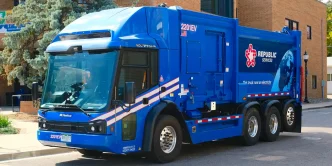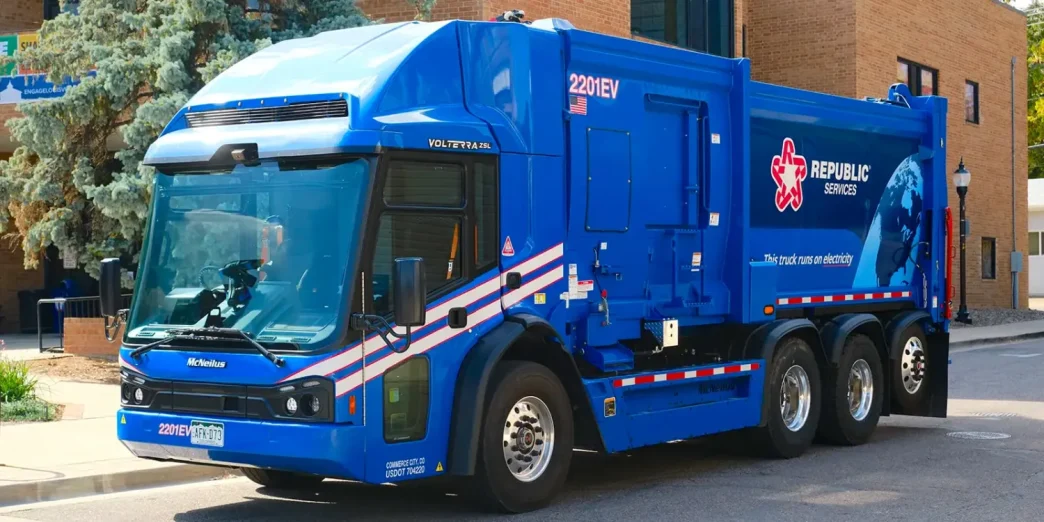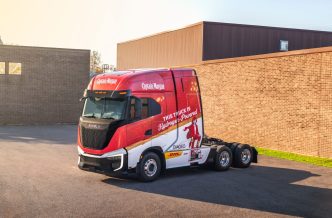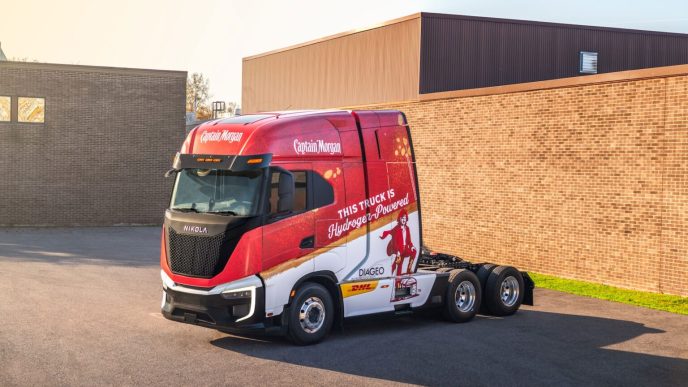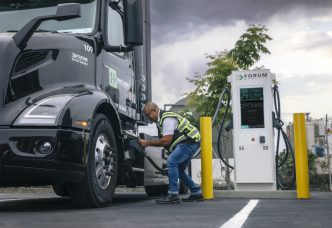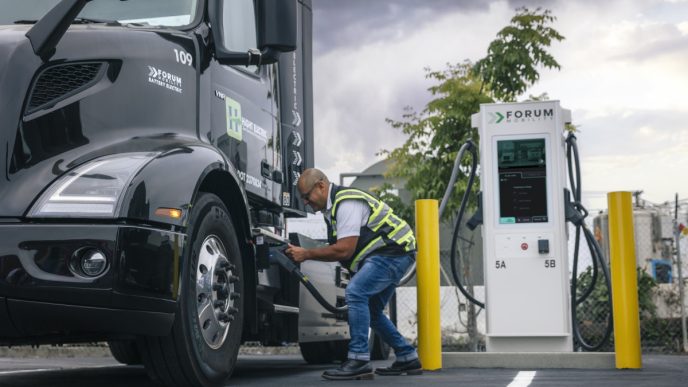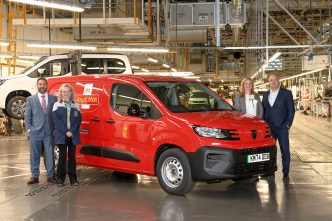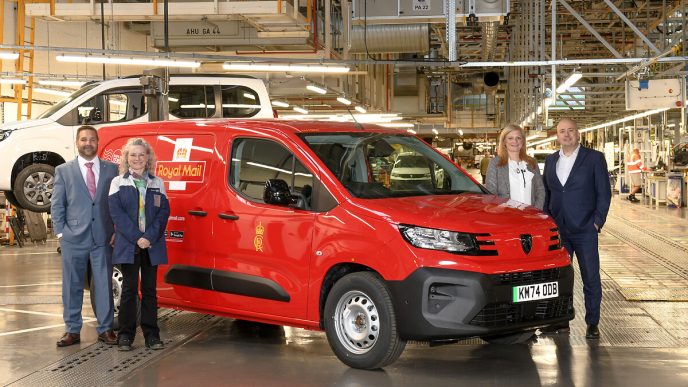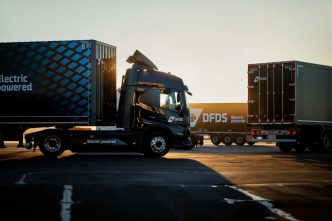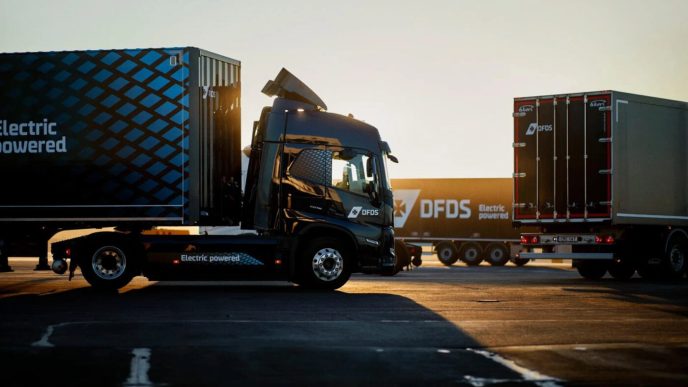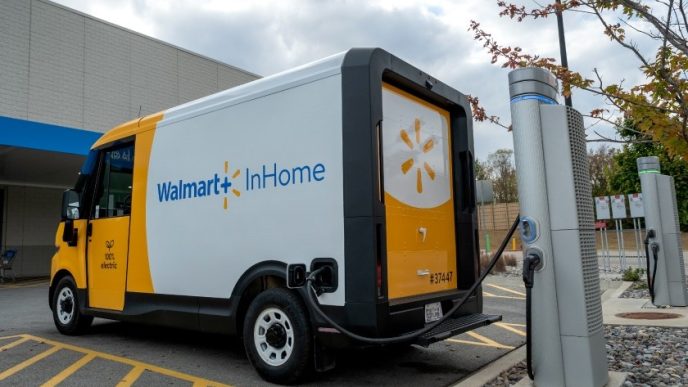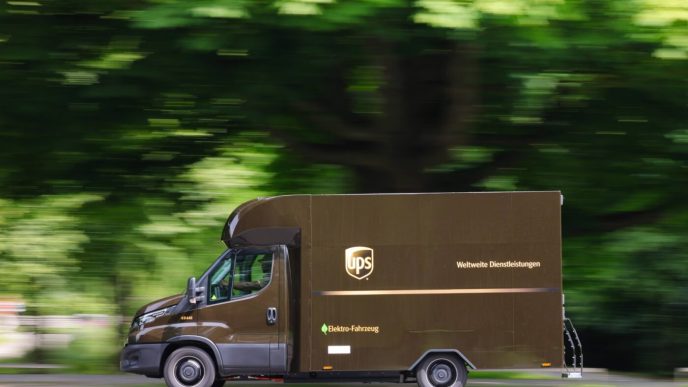Louisville, Colorado, has launched the nation’s first fully electric fleet for residential recycling and waste collection, city officials announced last Tuesday. The milestone was celebrated with a ribbon-cutting ceremony as four new McNeilus Volterra ZSL electric trucks rolled onto the city’s streets, designed to operate quietly and efficiently in residential neighborhoods.
Electric vehicles (EVs) are particularly suitable for waste collection in urban settings due to their ability to handle heavy loads, perform under stop-and-go conditions, and operate along predictable routes within limited driving distances. These qualities are enhanced in Louisville’s EV trucks, which also aim to reduce noise pollution, allowing residents to sleep through early morning collections without disruption. “We are so proud that Louisville will be the first city in the nation with a fully electric collection fleet,” said Mayor Chris Leh. “These innovative EV collection trucks will fulfill our trash, compost, and recycling needs, reduce noise pollution, and include larger windshields to increase each driver’s field of vision and lower greenhouse gas emissions, making our neighborhoods quieter, safer, and healthier.”
The fleet consists of four McNeilus Volterra ZSL trucks, developed with Republic Services and featuring advanced safety technology like 360-degree cameras, lane-departure sensors, automated emergency braking, and audible alert systems for improved pedestrian and driver safety. Available in 499 and 665 kWh battery options, the Volterra trucks qualify for federal incentives for medium- and heavy-duty EVs, with additional support from Colorado’s state programs, reducing costs and boosting the city’s long-term investment prospects.
“This commitment to sustainability is something we truly applaud,” said Richard Coupland, vice president of municipal services at Republic Services. “To be the first municipality in the country to adopt an electrified fleet showcases their desire to find tangible solutions to reduce greenhouse gas emissions and combat climate change.” Coupland added that the partnership exemplifies how municipalities can transition to greener practices while ensuring a sustainable and economically viable future.

